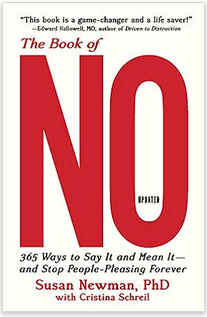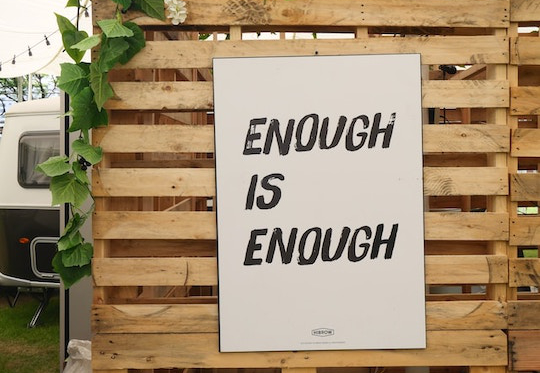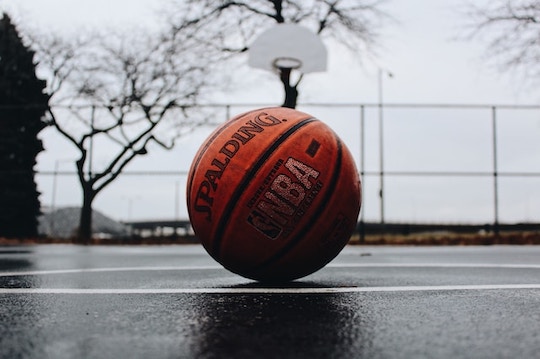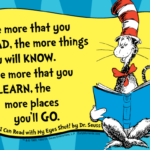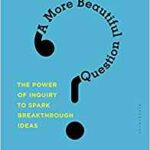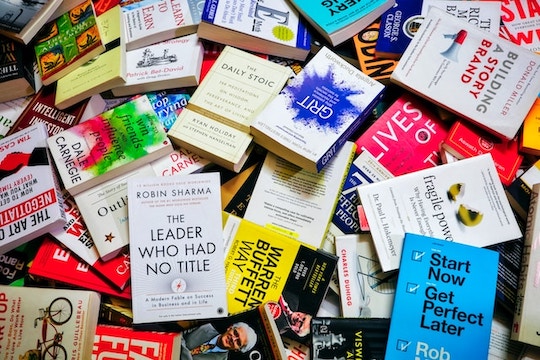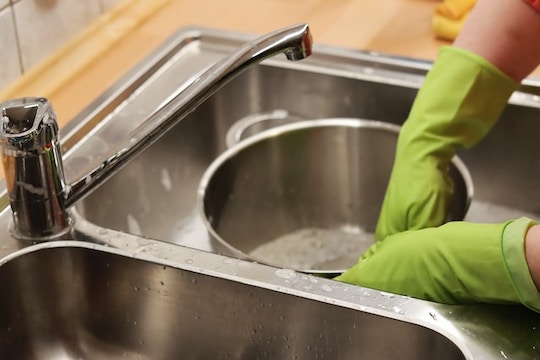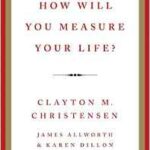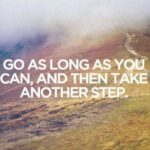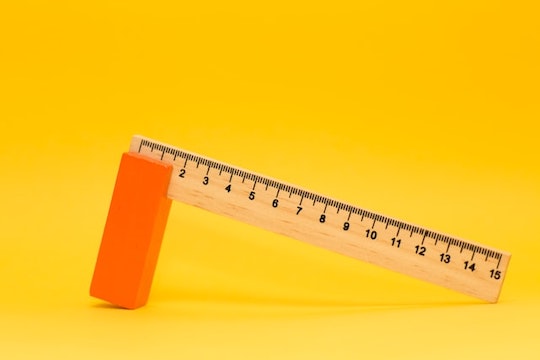“It takes some know how to know how to say no.”
—Author Unknown
Yesterday’s post was about reaching the point of diminishing returns and the heavy costs we often pay.
Perhaps the most often used strategy to lighten our loads is to just say NO. How often have you given this approach a go, and how did things work out?
One primary reason saying NO is so difficult is that we don’t wish to damage the relationship. When we don’t create boundaries and say NO, we often hurt ourselves and feel considerable resentment.
EXERCISE:
Here are some useful books you may explore to help you learn to say NO:
The Power of a Positive No by William Ury
The Power of No by James Altucher and Claudia Azula Altucher
The Book of No by Susan Neuman
Boundaries by Henry Cloud and John Townsend
The Art of Saying No by Damon Zahariades

